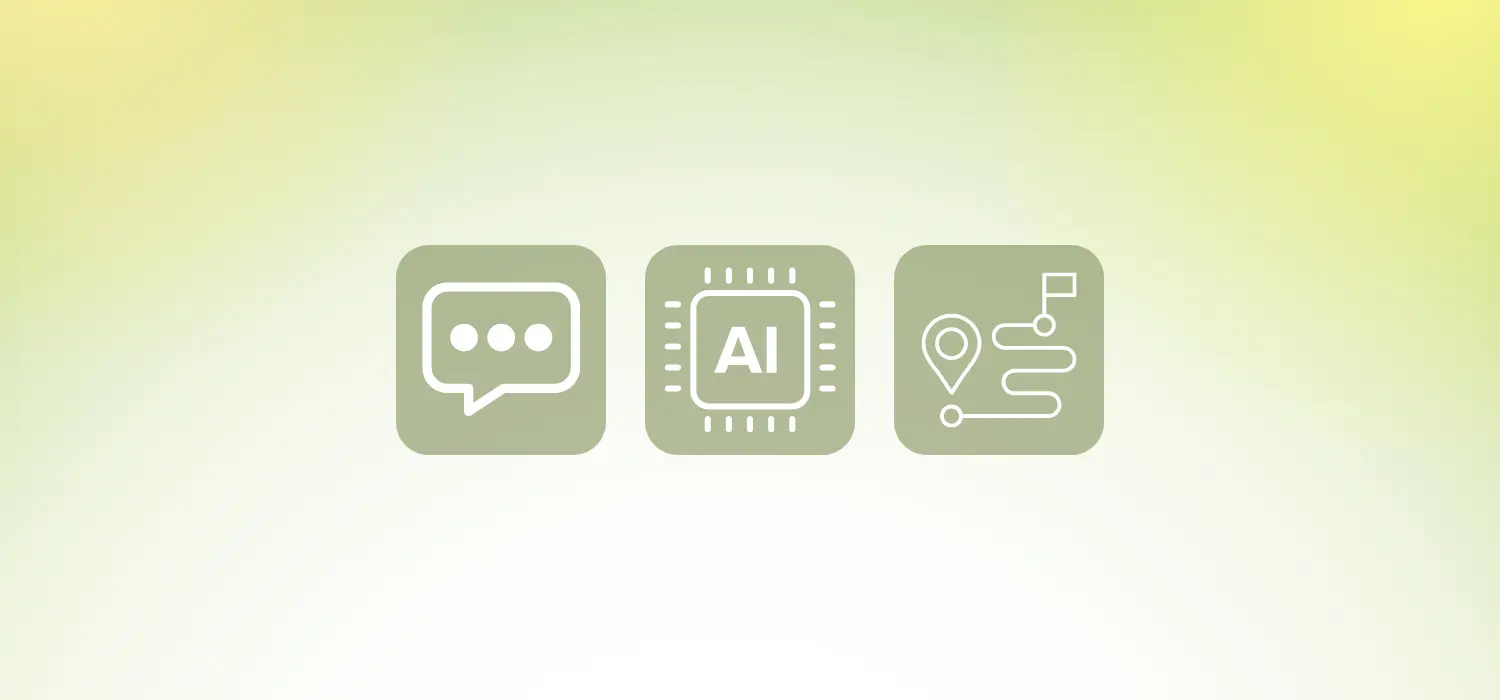Join our newsletter for the inside scoop on Jublia and the events industry


If lead generation strategies are properly executed in your events, it’s like striking gold. This is because, according to a survey by the Center for Exhibition Industry Research (CEIR), a staggering 92% of attendees attend an event with the primary purpose of discovering new products and services. Yet, a misstep might cost more than a lost opportunity – it might tarnish the entire event experience. Especially since 81% of event attendees hold significant buying authority. Which means that the stakes are high and every decision you make as an organizer plays a pivotal role in shaping success.
Learn how to avoid the pitfalls and embrace the strategies with our essential dos and don't – Let’s get started!👇

In the bustling realm of event planning, it's important to recognize that your lead scanners and other lead generation tools might not inherently convey their true potential at first glance. A one-time marketing effort before the event starts might not suffice, as attendees might not naturally understand how to effectively utilize it.
Instead, do: Consistently and strategically promote your lead scanner’s simplicity, user-friendliness, and its crucial role or boundless potential in generating their potential leads. Also educate them that with your lead scanner, not only can they digitize their leads, they can also gather more detailed data than what the traditional name card holds (example: company details or product interests). You can promote this even weeks before your event to make sure that your attendees know what to do as soon as the event starts and also to increase feature adoption in your events. You can check out how this turned out well for Food Hotel Asia in our case study here.
Collecting data is undoubtedly valuable, but its true potential goes beyond mere numbers and statistics. It's not enough to amass data; the real value lies in interpreting it to craft a compelling data story that can guide your exhibitors toward informed decision-making and enhanced engagement.
Instead, do: Craft insightful data stories and make sure your exhibitors are aware of it by educating them more about it. Translate collected data into actionable insight. Analyze trends, patterns, and meaningful information, presenting them visually for exhibitors. This equips them to refine strategies, identify opportunities, and optimize interactions for event success.
Avoid the mistake of isolating your lead scanner in a separate application. Lead capture process should be integrated into one whole system, not siloed. Attendees might find it cumbersome to switch between apps, resulting in potential leads slipping through the cracks.
Instead, do: Implement a streamlined lead capture process. By ensuring the integration of your lead scanner within the event app, you create a cohesive ecosystem that simplifies engagement and maximizes lead capture. Our Jublia Scan is automatically integrated into your all-in-one native event app, allowing a seamless switch between browsing event details, setting meetings, navigating through the venue and swiftly capturing valuable leads.
It's a common misconception, particularly with well-known exhibitors, to believe they can effortlessly draw in leads on their own. However, the reality often necessitates your assistance in attracting potential leads to their booth.
Instead, do: Assist them through facilitated matchmaking by strategically connecting exhibitors with high-potential leads based on shared interests and objectives, maximizing lead generation opportunities. With AI-powered matchmaking tools, exhibitors can even be matched to leads based on their general data, behavior, and interactions throughout the event.

While it's tempting to view event days as the pinnacle of lead generation, it's essential to broaden this perspective. Exhibitors should recognize that lead generation involves more than just the event itself.
Instead, do: Emphasize the power of pre-scheduled meetings that kickstart the lead generation process weeks before the event. Remind exhibitors that most relevant meetings that lead to meaningful connections are booked well in advance through pre-scheduled meetings. Furthermore, highlight that successful interactions during the event are only part of the equation.
Encourage exhibitors to nurture all gathered leads with different strategies and that following up on relevant conversations post-event is crucial to turning promising interactions into tangible business opportunities. By adopting this holistic approach, exhibitors can maximize the impact of their lead generation efforts and achieve lasting results.
Successful lead generation doesn't conclude with the event's closure. Often, the most critical phase begins post-event. Exhibitors might need assistance in navigating this crucial period.
Instead, do: Support exhibitors in their post-event efforts. Offer guidance on post-event follow-ups and strategies for nurturing leads, ensuring they have the tools to turn event-generated leads into successful conversions. You can give them access to the attendee data, scan data, and interaction history data during the event. You can also share tips on how to follow up through their other channels (e.g. email marketing, surveys, and more). By extending your involvement, you position yourself as a partner invested in their success beyond the event itself, fostering a lasting positive impression.
Embarking on the journey of lead generation for events can be as treacherous as it is rewarding. Navigating the landscape requires a keen eye to avoid common pitfalls and a strategic mindset to seize essential opportunities. Jublia is here to be your reliable tech partner on this voyage, providing expert guidance and equipping you with the right tools, including Jublia Scan, to navigate the challenges.
To learn more, connect with our Solution Specialists at info@jublia.com and follow us on LinkedIn to get the latest updates!
 From Tools to Intelligence: Why 2026 Will Redefine the Event Tech Playbook
From Tools to Intelligence: Why 2026 Will Redefine the Event Tech PlaybookInsights from Jublia’s founders on what it takes to build AI-native events in 2026
 The Quality Shift: Redefining Lead Success at B2B Events
The Quality Shift: Redefining Lead Success at B2B EventsHow event organizers can boost event success by prioritizing lead quality
 From Lead Generation to Lasting Conversions: The Follow-Up Formula
From Lead Generation to Lasting Conversions: The Follow-Up FormulaYour leads don’t stop at the event—here’s how to keep the momentum going


